The Department of Humanities, Modern Language Program, presents 3 language films.
All films will screen in Walker 134
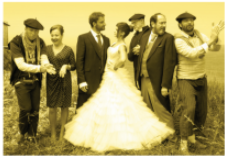 February 23, 2017, 7:00 PM
February 23, 2017, 7:00 PM
Spanish Affair (Martinez-Lazaro, 2014)
In this romantic comedy, Sevillian Rafa is so smitten with Amaia, a Basque woman, that he’ll do whatever it takes to win her heart – no matter how outrageous.
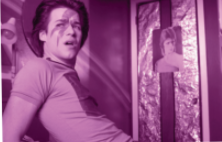 March 23, 2017, 7:00 PM
March 23, 2017, 7:00 PM
C.R.A.Z.Y. (Vallee, 2005)
Born on Christmas Day, 1960, Zac knew he was different from his four brothers but was desperate to fit in. During the next 20 years he tries to live a lie, but a life full of surprise and unexpected experiences leads Zac to accept his true nature.
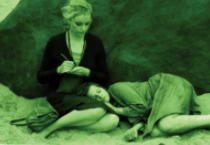 April 6, 2017, 7:00 PM
April 6, 2017, 7:00 PM
Barbara (Petzold, 2012)
In this impeccably crafted Cold War thriller, a Berlin doctor is banished to a rural East German hospital as punishment for applying for an exit visa. Barbara is a subtle portrait of a woman caught between her desire for freedom and her sense of responsibility.
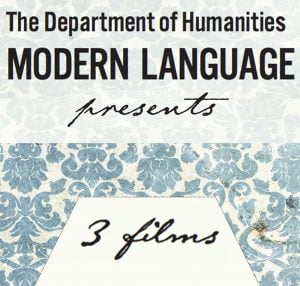
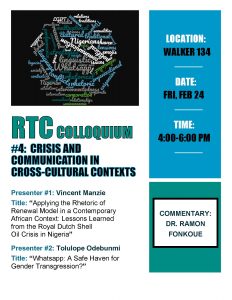 The Department of Humanities is pleased to announce a Rhetoric, Theory and Culture Colloquium to be held on Friday, February 24 titled “Crisis and Communication in Cross-Cultural Contexts.” RTC student Vincent Manzie will first present his talk “Applying the Rhetoric of Renewal Model in a Contemporary African Context: Lessons Learned from the Royal Dutch Shell Oil Crisis in Nigeria” followed by RTC student Tolulope Odebunmi presenting “Whatsapp: A Safe Haven for Gender Transgression?” Ramon Fonkoué will be providing commentary to the presenters.
The Department of Humanities is pleased to announce a Rhetoric, Theory and Culture Colloquium to be held on Friday, February 24 titled “Crisis and Communication in Cross-Cultural Contexts.” RTC student Vincent Manzie will first present his talk “Applying the Rhetoric of Renewal Model in a Contemporary African Context: Lessons Learned from the Royal Dutch Shell Oil Crisis in Nigeria” followed by RTC student Tolulope Odebunmi presenting “Whatsapp: A Safe Haven for Gender Transgression?” Ramon Fonkoué will be providing commentary to the presenters.

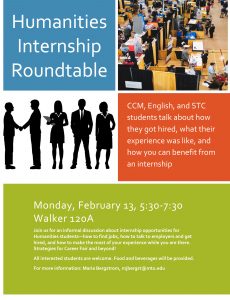

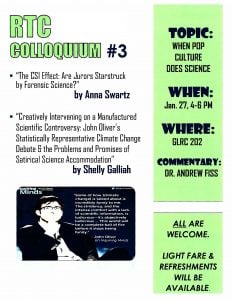 The Department of Humanities is pleased to announce a Rhetoric, Theory and Culture Colloquium to be held on Friday, January 27 titled “When Pop Culture Does Science.” RTC student Anna Swartz will first present her talk “The CSI Effect: Are Jurors Starstruck by Forensic Science?” followed by RTC student Shelly Galliah presenting “Creatively Intervening on a Manufactured Scientific Controversy: John Oliver’s Statistically Representative Climate Change Debate & the Problems and Promises of Satirical Science Accommodation.” Andrew Fiss will be providing commentary to the presenters.
The Department of Humanities is pleased to announce a Rhetoric, Theory and Culture Colloquium to be held on Friday, January 27 titled “When Pop Culture Does Science.” RTC student Anna Swartz will first present her talk “The CSI Effect: Are Jurors Starstruck by Forensic Science?” followed by RTC student Shelly Galliah presenting “Creatively Intervening on a Manufactured Scientific Controversy: John Oliver’s Statistically Representative Climate Change Debate & the Problems and Promises of Satirical Science Accommodation.” Andrew Fiss will be providing commentary to the presenters.